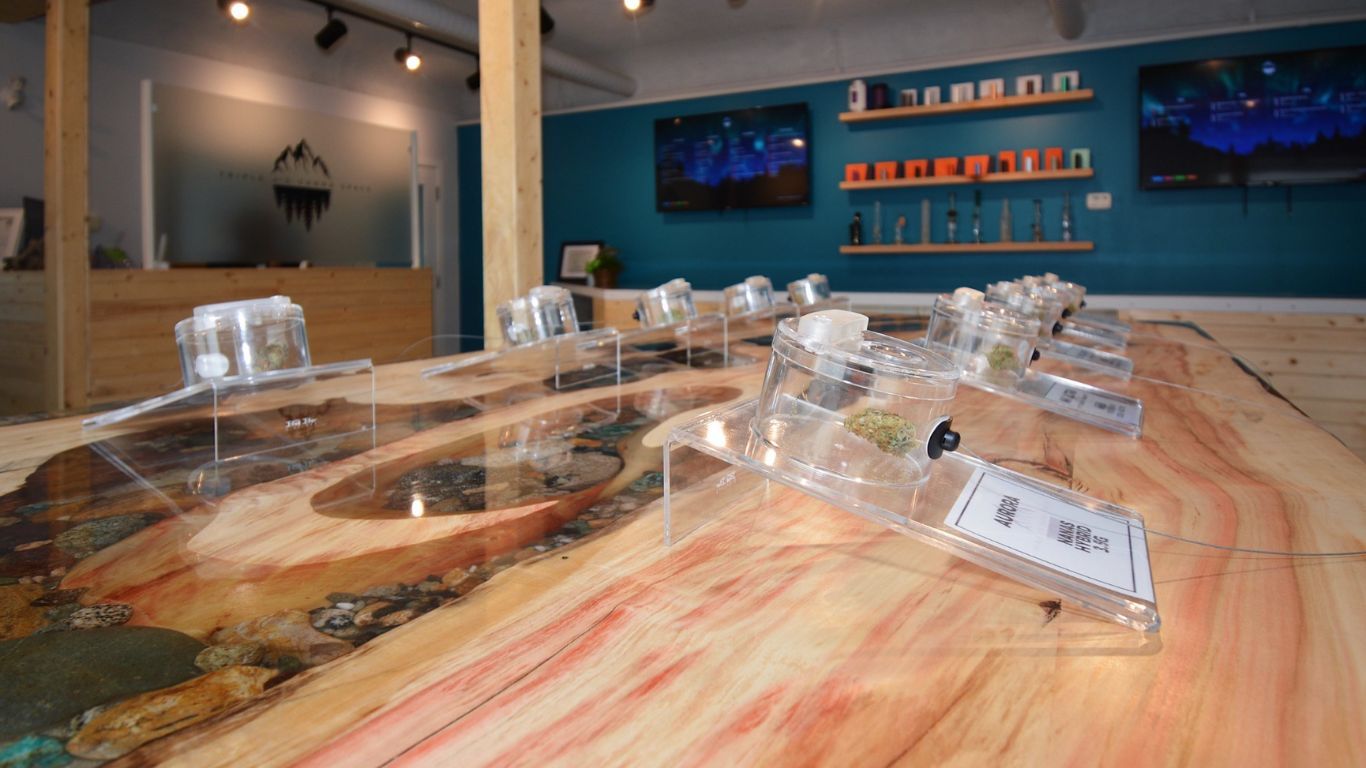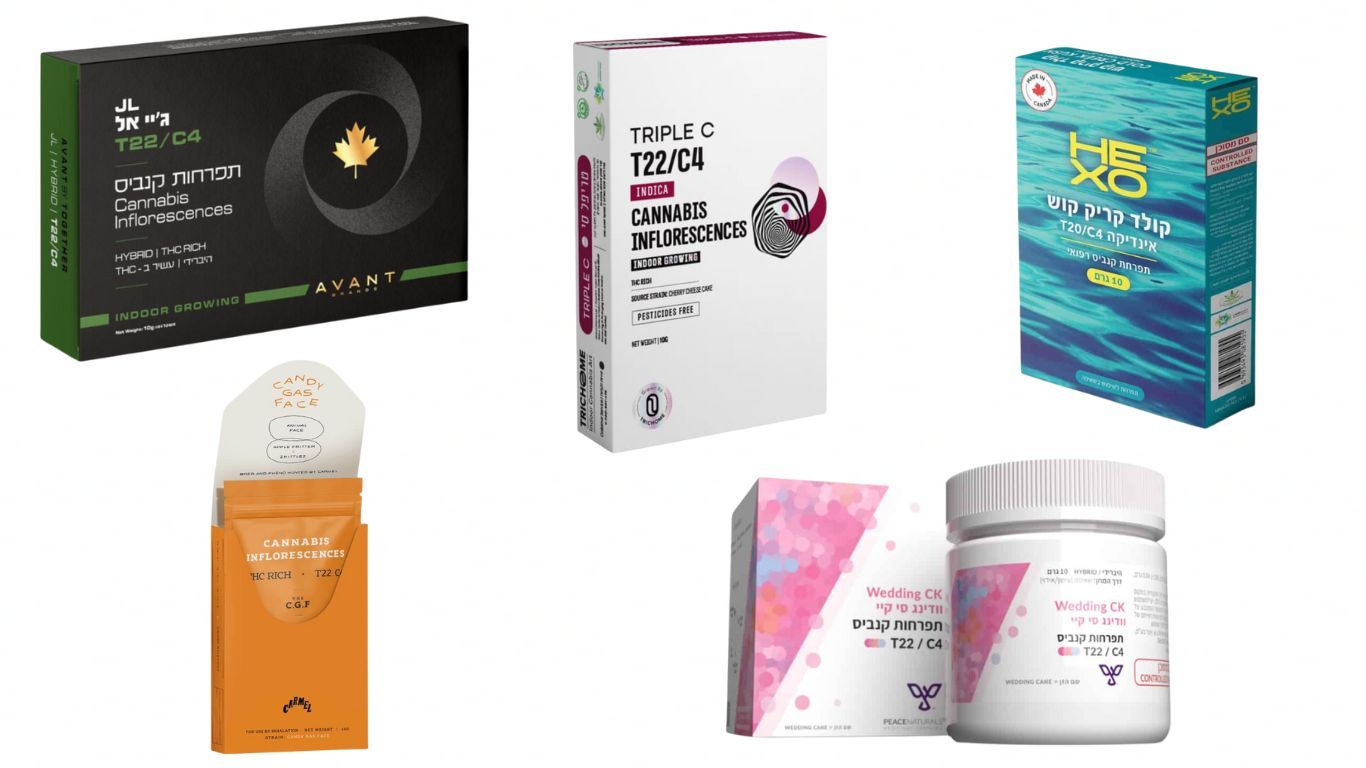
The Yukon Liquor Corporation, the agency responsible for the purchase, distribution, and sale of liquor and cannabis products in the territory, recently launched a “special order” system for lower-demand cannabis products.
The special order system is an evolution of YLC’s current ordering system, which currently lists over 800 products from producers all over Canada.
“The Corporation will continue to further improve access and warehouse unique and limited cannabis products from licensed producers that have demonstrated strong market demand with consistent turnover,” a communications advisor for YLC informed StratCann via email. “Cannabis products with lower market demand will continue to be available to licensed retailers as a special-order product.”
“Licensed retailers will request special-order products from the Corporation, who will in turn order the product from the licensed producer. Licensed retailers will then be notified by the Corporation that the special-order product is available for pickup from the Corporation’s warehouse facility.”
The YLC placed their first round of special orders in early October and expects the products to make their way to retailers in the coming weeks.
Yukon has six private retailers who are all able to order from the new ordering stream.
Jeremy Jones, the owner of Triple J’s Canna Space, a cannabis retailer in Whitehorse, says that while he would like to see the program improved, it’s a step in the right direction toward what he hopes could be more of a direct delivery model in the future.
His biggest challenge, he says, is always being able to get enough product in general, something he blames on a lack of proper product planning by the YLC buyers.
“We still have issues with how much they order for their core products,” says Jones. “They’re ordering a fraction of what should be ordered for all retailers. So now we’re in a competition with all the other retailers where we all have to try to take it all and then just see what we can get.”
“If we could just create our own POs and order what we want, then we don’t have to rely on whatever numbers they’re using to make their projections.”
Yukon also recently shut down its own online retail store, handing over that option to private retailers, which Jones says has been a nice addition, and shows the government moving in what he says is “the right direction.”
“These are steps in the right direction. They’re baby steps, but as long as we can make it work…I think there’s a brighter future.”
Joshua Gladston, a manager at Ninetails Cannabis, also in Whitehorse, says he’s more concerned with trying to get enough of the more popular products in his store consistently than he is about ordering lower demand or other specialty products.
He echoes Jones’s concerns about having enough regular supply, noting that he hasn’t been able to restock enough edibles in the last few weeks.
“We’re not really worried about (special orders), we’re more focussed on just getting the basic things in here before we start worrying about all the fancy things. It would be good to walk before we run,” says Gladston.
In addition to the six current retail stores, Yukon is home to one federally licensed producer. Arctic Pharm. In October 2019, the Yukon closed its flagship cannabis retail store, handing over the brick-and-mortar cannabis market to the private sector.
Revenue from cannabis sales in the 2021-2022 fiscal year for Yukon was $7,091,000, up from more than $6 million worth of cannabis in 2020, with profits of $1.4 million, up from $1.2 in the previous year.
Yukon sold more than $5.8 million worth of cannabis products from 50 different producers in the most recent fiscal year. Flower sales in 2021-2022 were worth over $5 million (723 kg, up from 580 kg in the year prior), extracts were nearly $1.5 million, and edibles were over $500,000. There were 408 cannabis seeds sold, worth $2,711.
Featured image via Ninetails Cannabis











